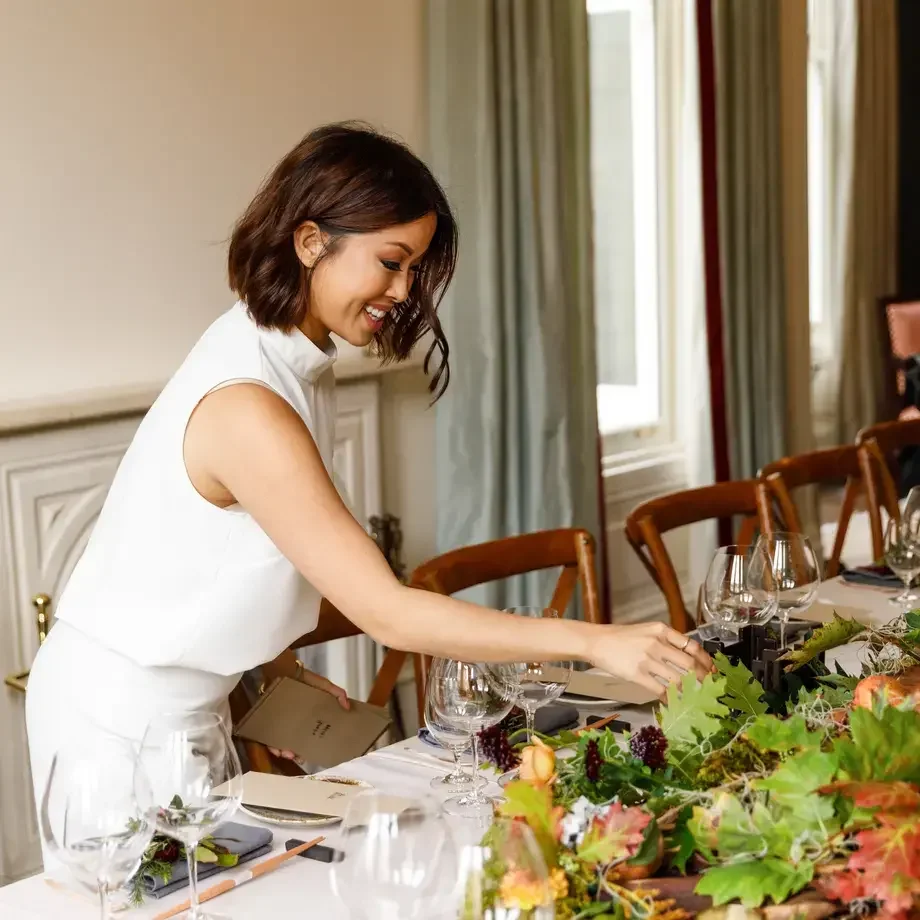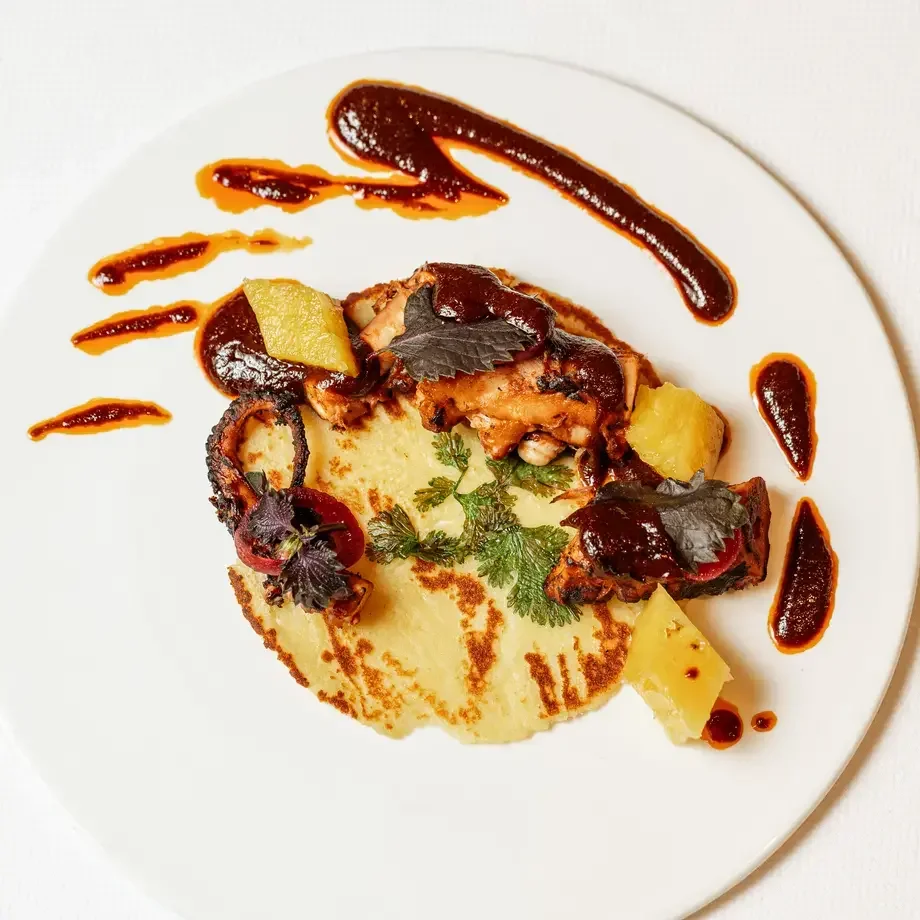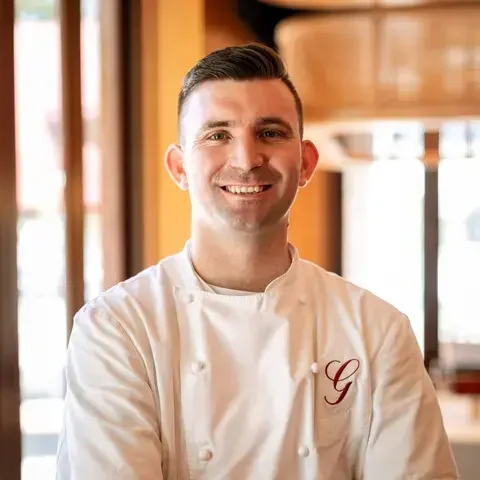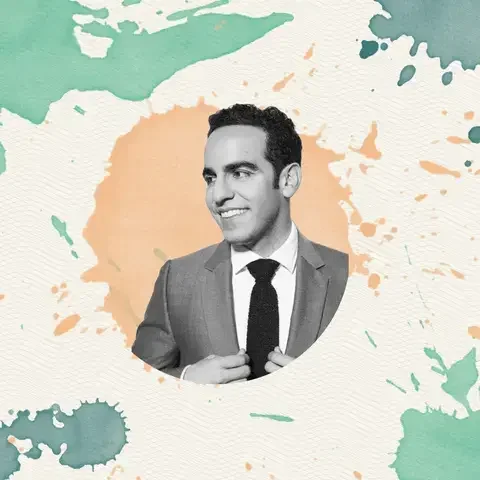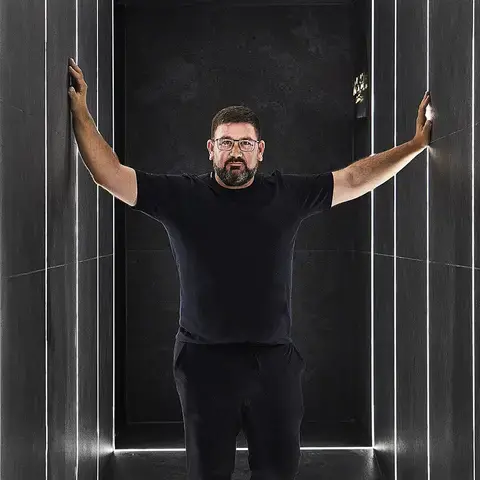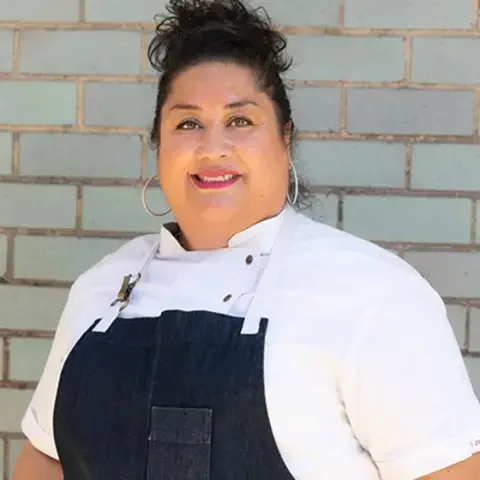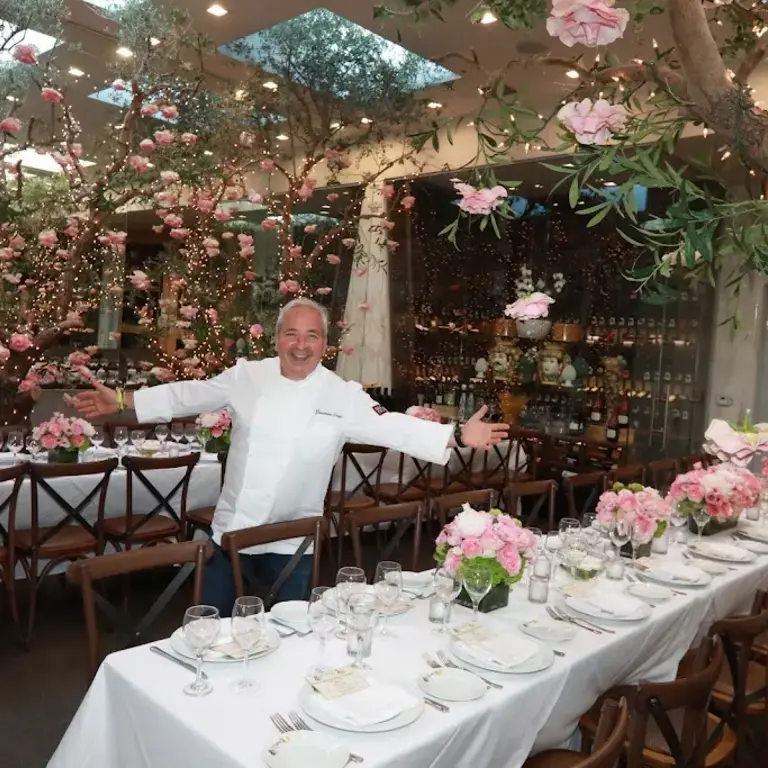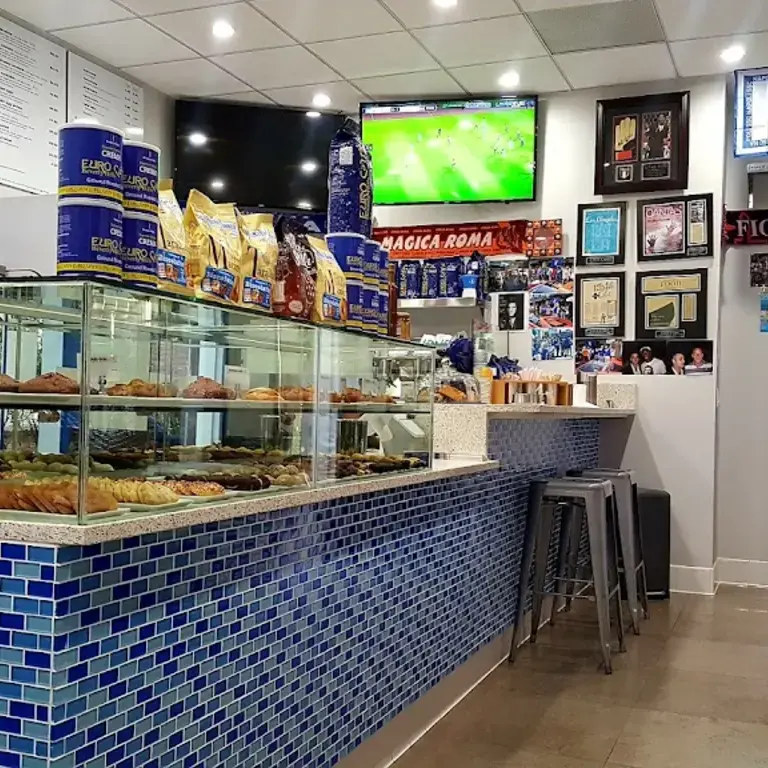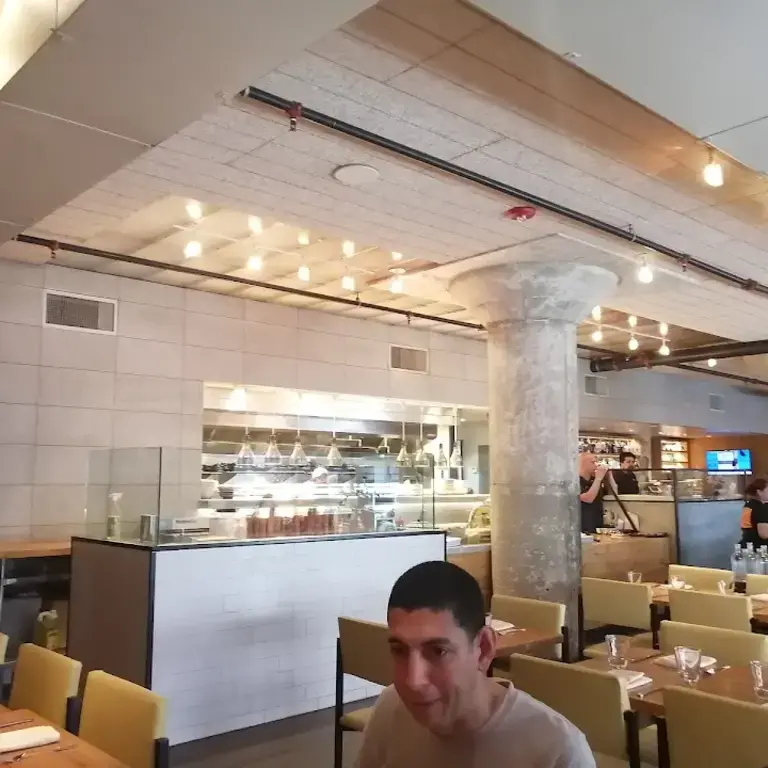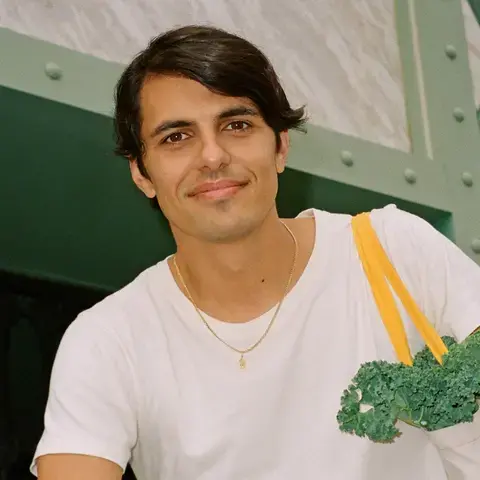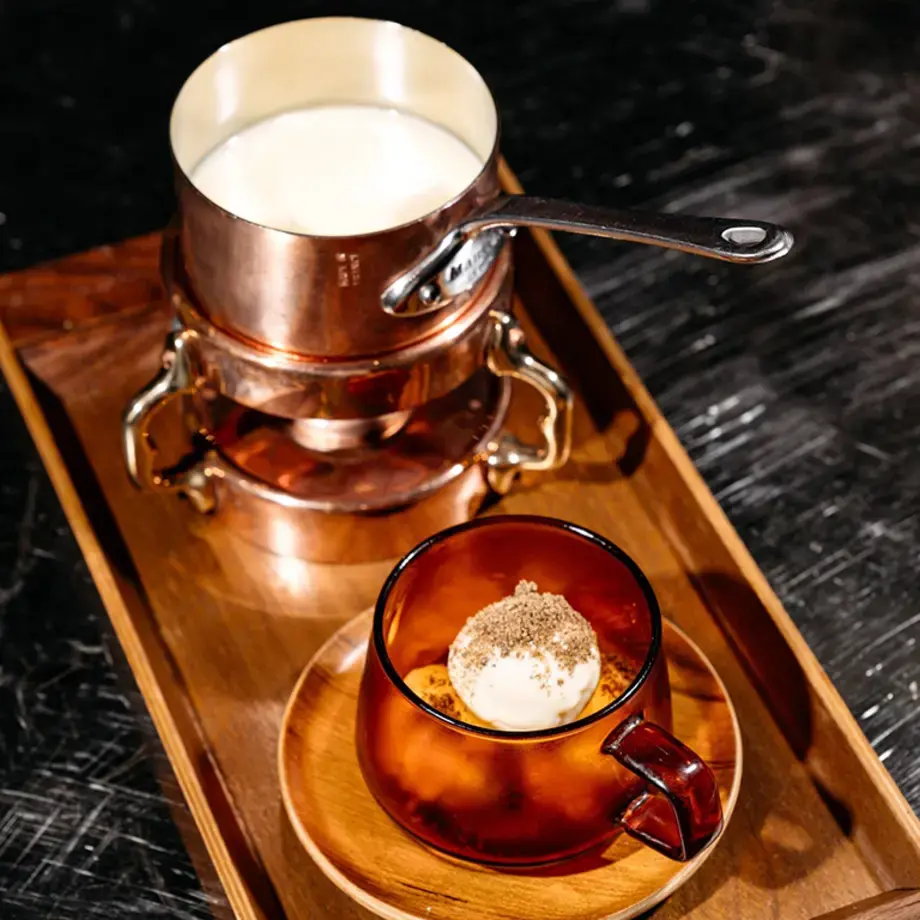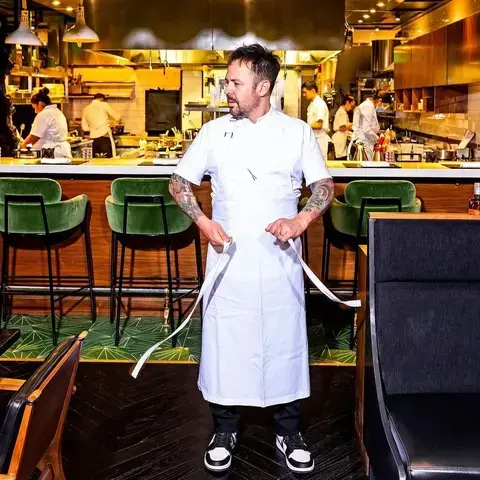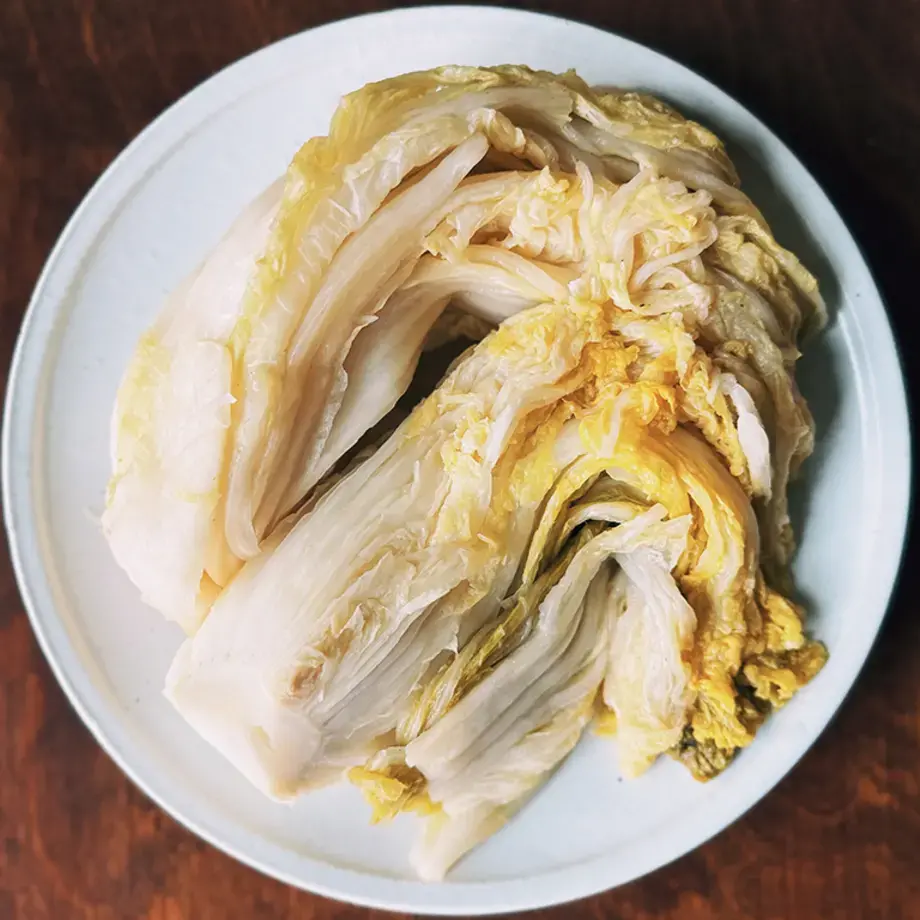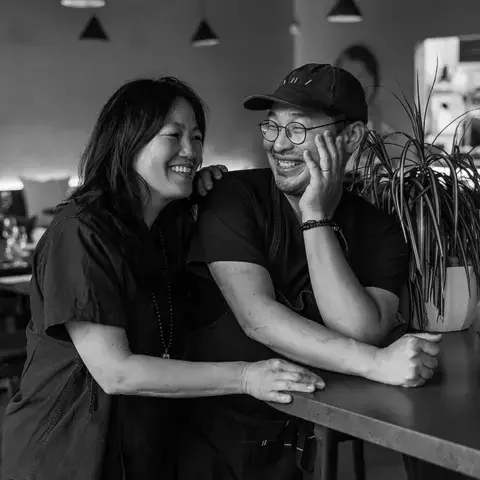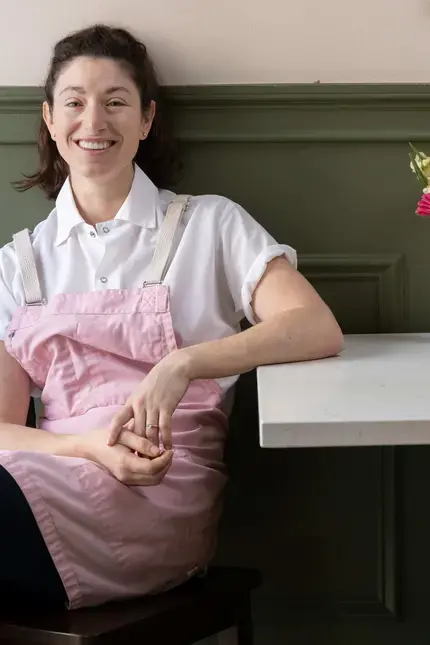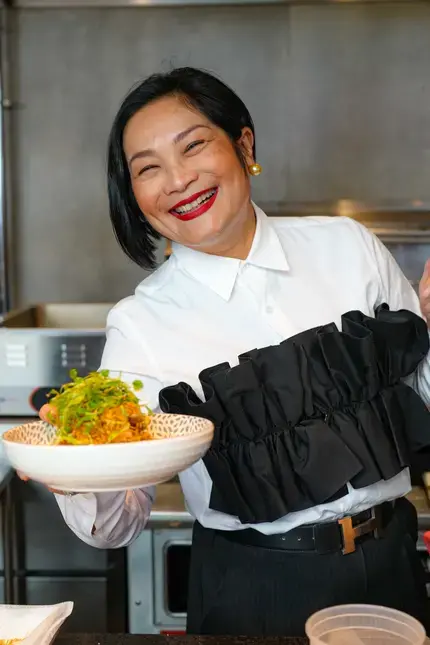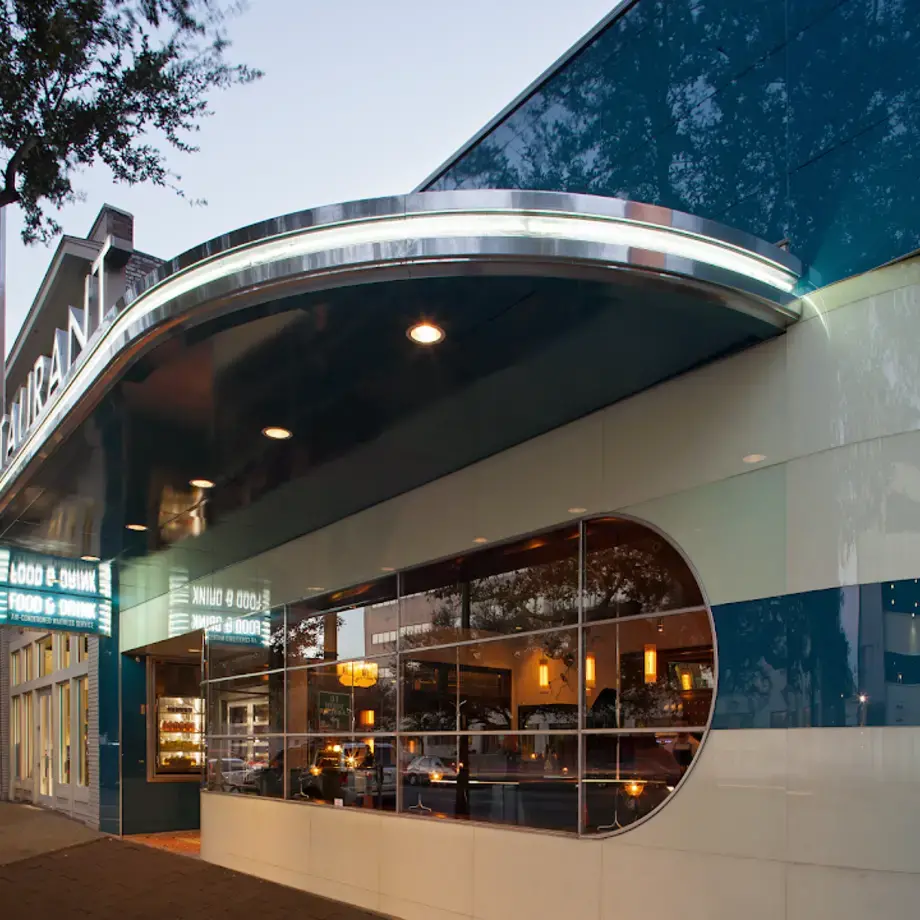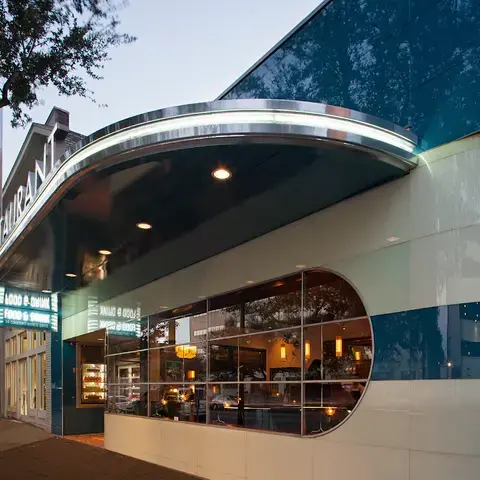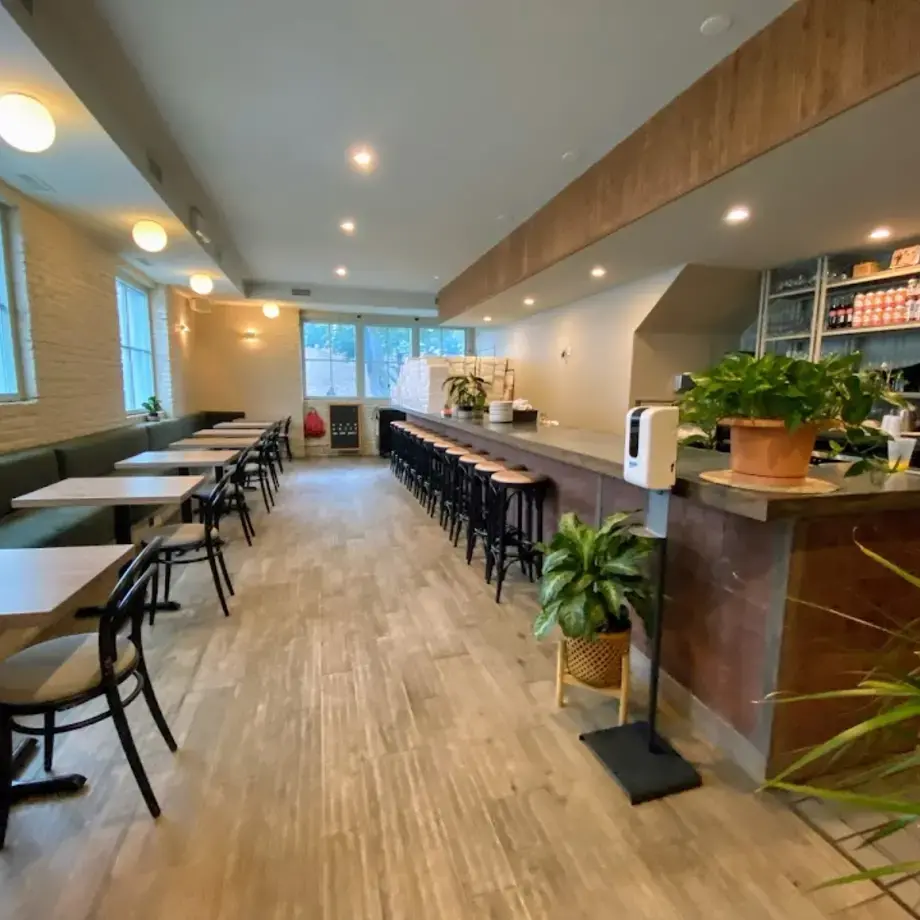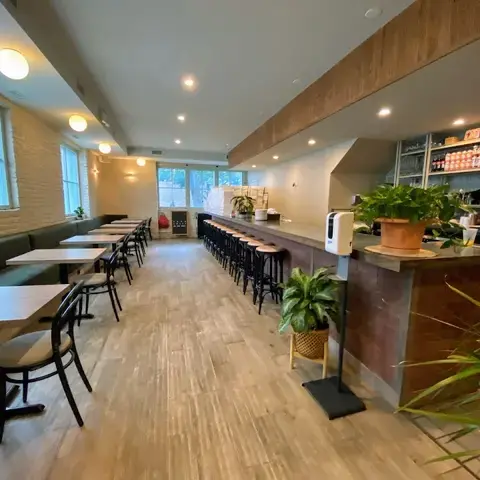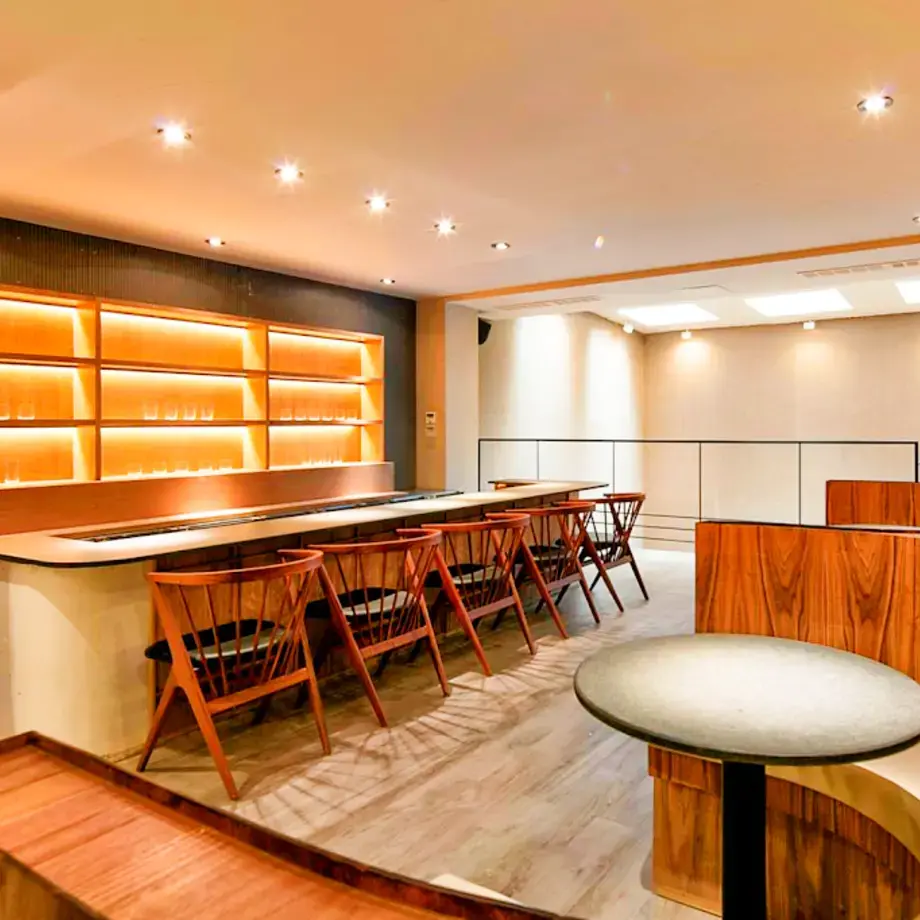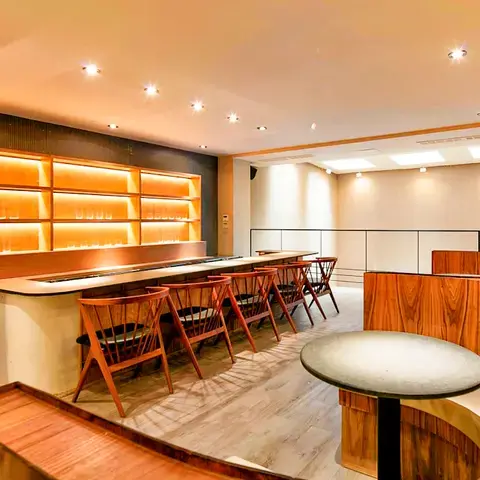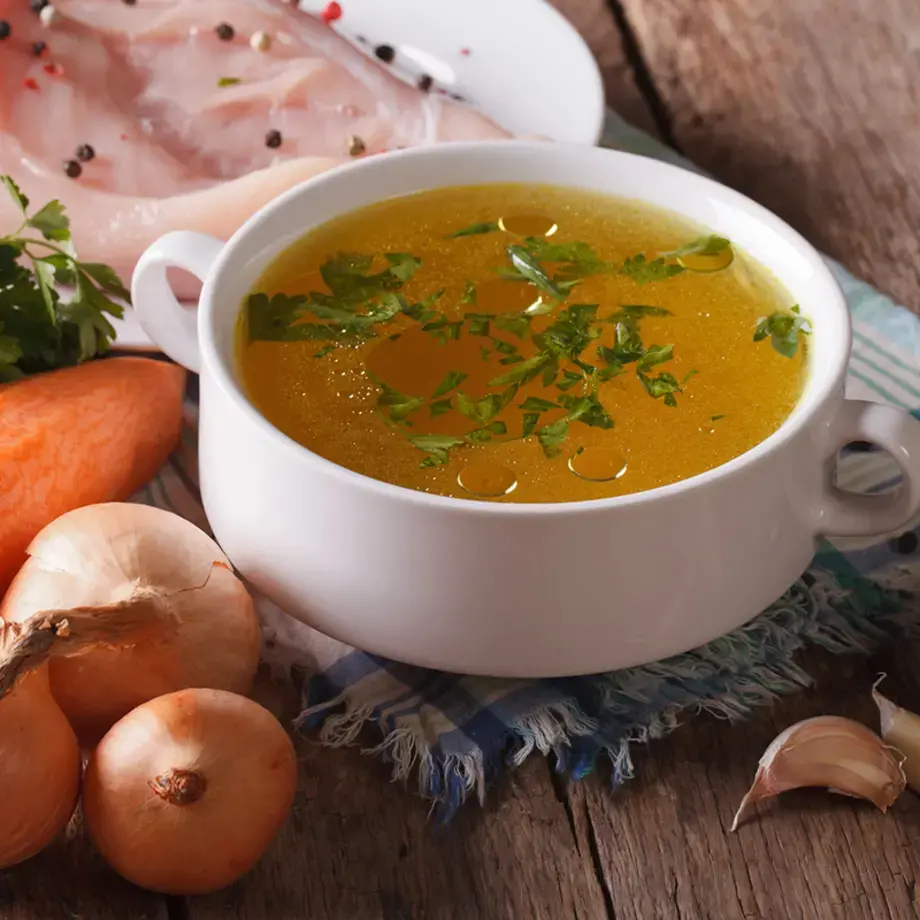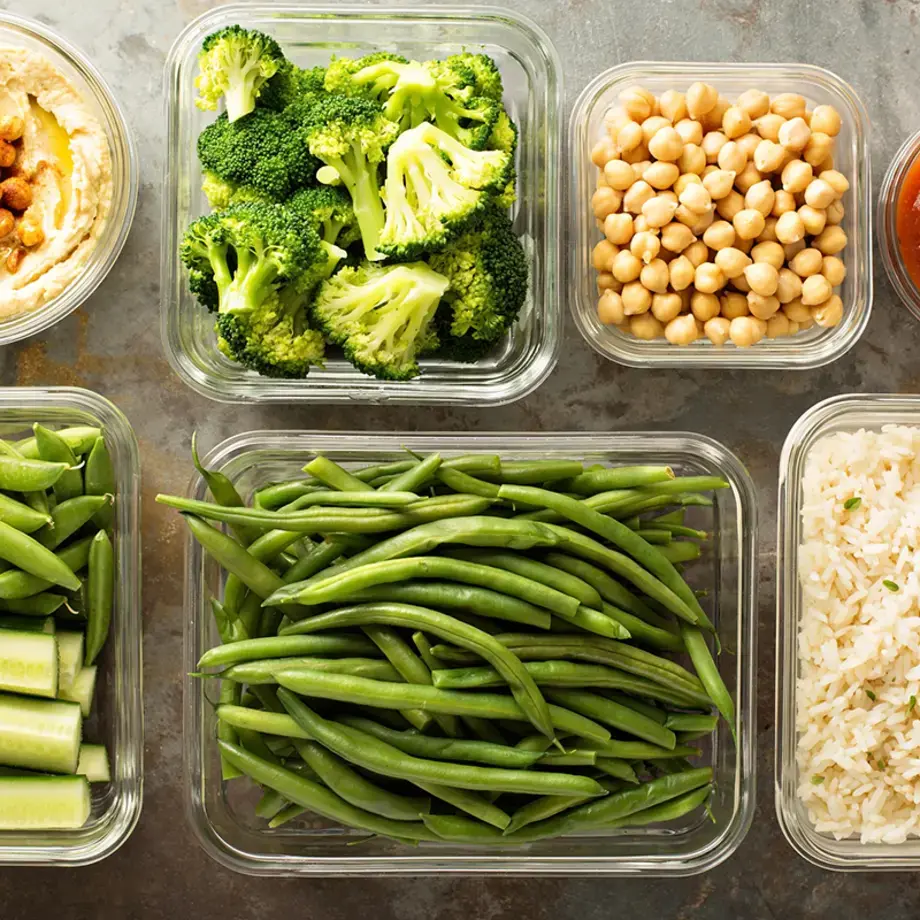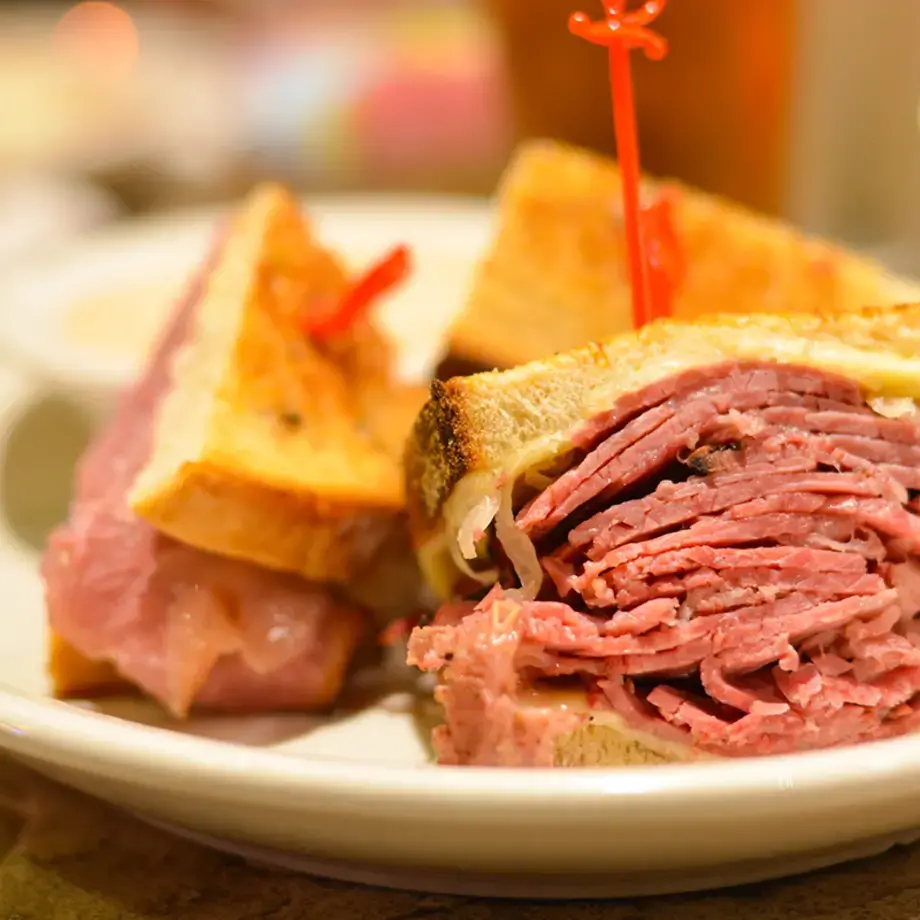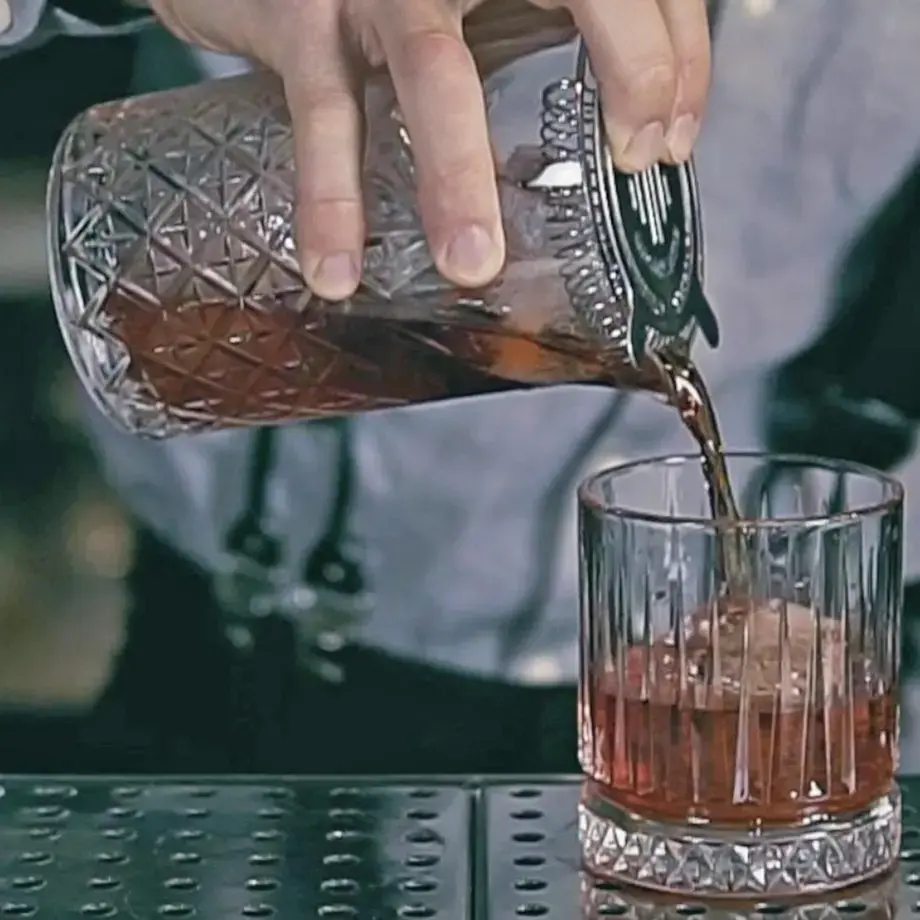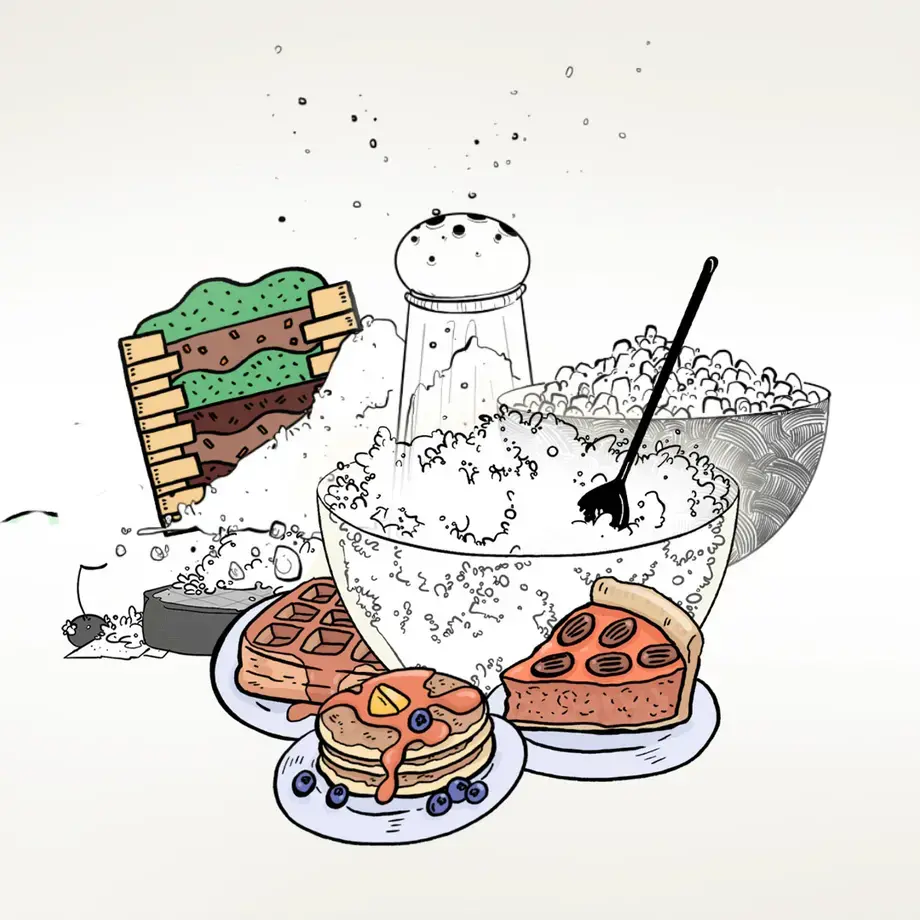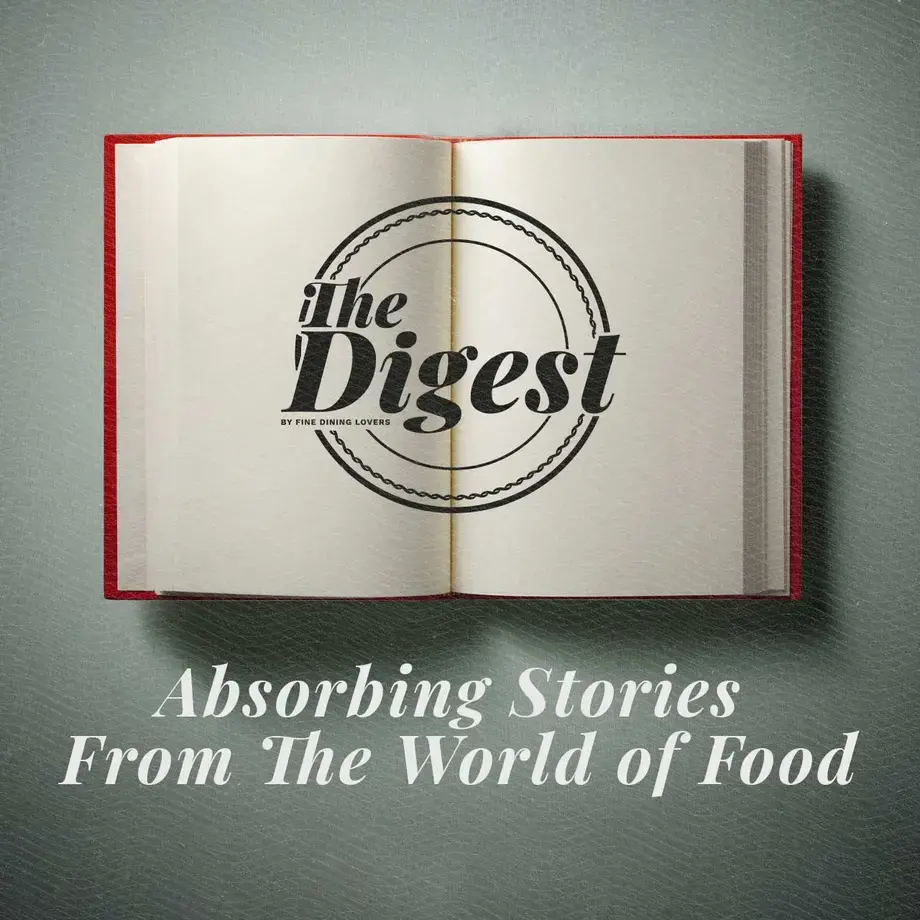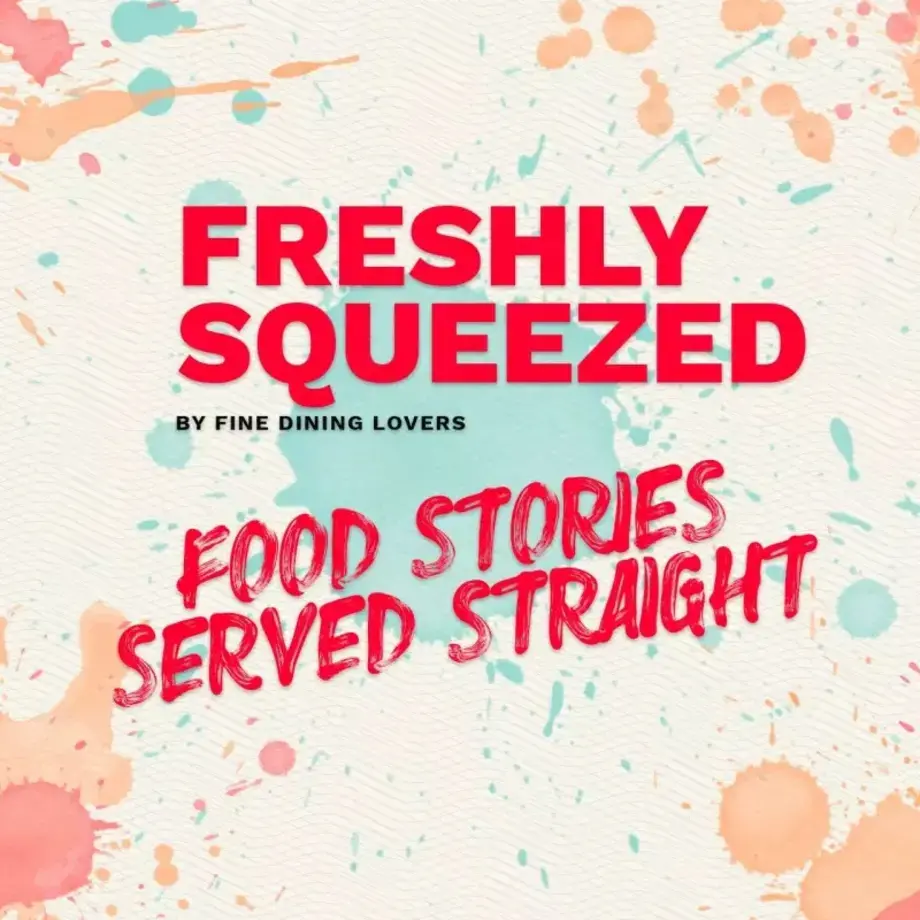
Your Opt Out Preference Signal is Honored
Your Privacy Choices
On this website, we use cookies and other tracking technologies, and allow our advertising
partners to use such technologies, so we can, among other things, show you ads promoting Nestlé
on other sites and services. These activities may be considered “sales,” “sharing,” or “targeted
advertising” under certain privacy laws. To opt out, slide the toggle below so that it states “OFF”
and then click the “Confirm My Choices” button. Note that you will need to renew this opt-out
choice if you visit our website from another device or browser or if you clear your cookies. You
can also opt out by visiting our website with a legally-recognized opt-out preference signal, such
as the Global Privacy Control.
In addition to cookie-based ad targeting, we may disclose certain personal information to our advertising or other partners, such as your email address, for marketing and advertising purposes. You may request to opt out by submitting this Opt Out form.
For more information about our privacy practices, please see our Privacy Policy.
In addition to cookie-based ad targeting, we may disclose certain personal information to our advertising or other partners, such as your email address, for marketing and advertising purposes. You may request to opt out by submitting this Opt Out form.
For more information about our privacy practices, please see our Privacy Policy.
Strictly Necessary Cookies
Always Active
These cookies are necessary for the website to function and cannot be switched off in our systems. They are usually only set in response to actions made by you which amount to a request for services, such as setting your privacy preferences, logging in or filling in forms. You can set your browser to block or alert you about these cookies, but some parts of the site will not then work. These cookies do not store any personally identifiable information.
Opt Out of Sales, Sharing, and Targeted Advertising
Cookie List
label
Consent Leg.Interest
label
label
label
